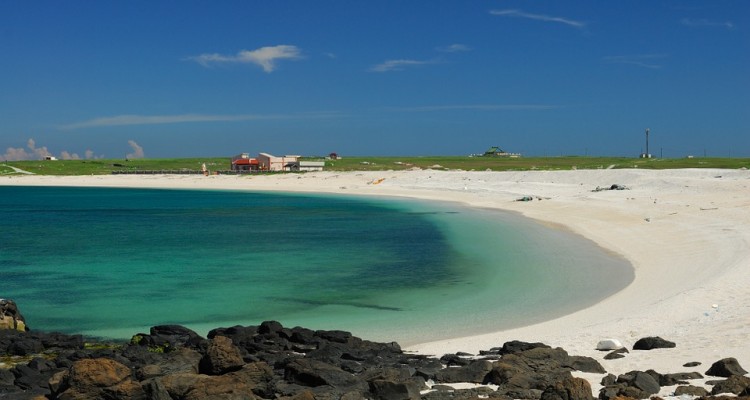The Democratic Progressive Party (DPP) ,which is Taiwan’s current governing party, has been a strong opponent of the casino industry for a number of years and has not been in favor of licensing casinos on Taiwan’s outlying islands.
Bill Bryson of Global Market Advisors LLC (GMA) believes that the government might adopt a new stance as the people from the outlying islands are in favour of legalizing the casino industry which they believe will provide thousands of jobs and give the local economy a much needed boost.
The DPP government was elected in the country’s Legislative Yuan and Executive Yuan based on a number of key promises that was made. Two of these key promises involved creating new employment opportunities and making the economy better. Bryson believes that the government will be able to keep both of these promises by introducing new gaming legislation that would result in the development of new casinos on the outlying islands. Should the new law been approved, billions of dollars in foreign investment would be pumped into casino industry and thousands of job opportunities will be created.
The government has discussed the possibility of approving a casino in either one of the outlying islands of Penghu, Matsu and Kinmen for a number of years. When the new DPP government came to power and Tsai Ing-wen was elected president, Brokerage Union Gaming Securities Asia Ltd stated that it would become a lot more difficult for casino legislation to be approved under Ing-wen’s tenure.
However in May 2016, the country’s Central News Agency confirmed that over 5,000 signatures from voters in Penghu were collected who were in favour of legalizing casinos on the island. The 5,000 signatures were sufficient to create a new referendum to push for the legalization of casinos on the island. Taiwan’s central government will have to make the final decision on whether casinos can be legalized.
The central government requires the ‘Tourism Casino Administration Act’ to be approved in the Legislative Yuan before it can legalize the casino industry in Penghu. The Act has been stalled since 2013 when the island of Matsu was looking to legalize the casino industry.
In a statement, Bryson said “While the Legislative Yuan was not willing to pass the [Tourism Casino Administration] Act for the sake of Matsu alone, the Legislative Yuan might be more inclined to pass the Act if a majority of the eligible offshore islands have held successful referenda.”
The success of Taiwan’s casino industry will be invariably tied to the visa policies of Mainland China. China’s government made it clear in 2015 that they would not allow their citizens to travel and gamble at Taiwan’s outlying casinos.


